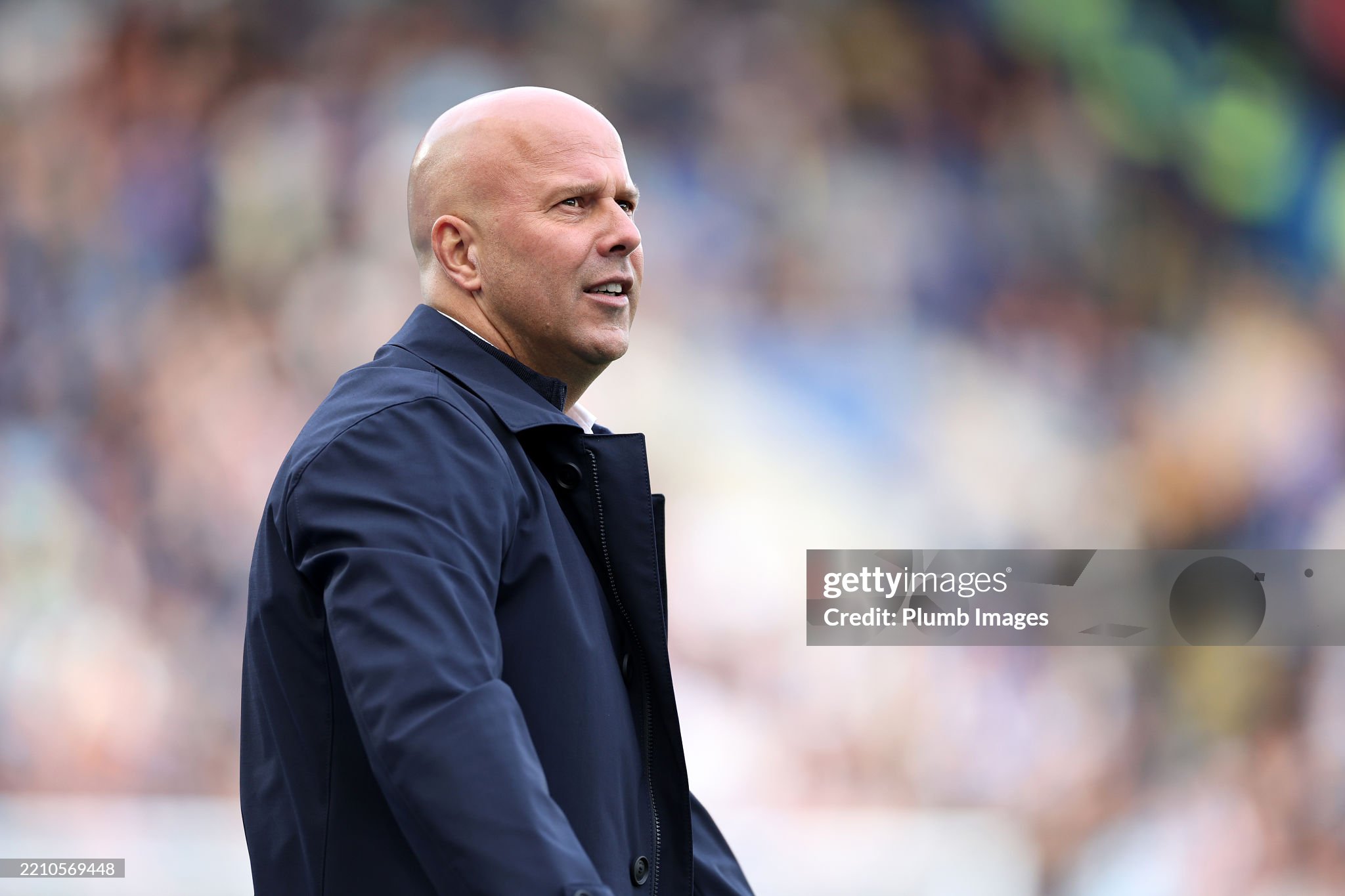English defender Myles Sohna was advised to quit football for the sake of his health after undergoing three separate knee surgeries.
 Embed from Getty Images
Embed from Getty Images
Myles Sohna’s retirement at the age of 22 has come as a shock to many in the football community, particularly to those who have followed his progress from a young age.
Having joined Aston Villa’s academy as a child, Sohna spent over a decade developing his skills within the club’s youth system. Known for his strong defensive abilities and leadership qualities, he was highly regarded as one of the promising prospects of his generation. However, his journey, filled with promise and potential, has been tragically cut short due to persistent and severe knee injuries, forcing him to make the painful decision to step away from professional football far earlier than expected.
In his emotional statement shared on social media, Sohna reflected on the difficult road that led him to this decision. The defender, who never got the chance to make his first-team debut for Aston Villa, expressed the profound sadness he felt in having to retire at such a young age. He admitted that while he had always known injuries were a part of the game, he could never have anticipated the extent of the setbacks he would face. "With mixed emotions, due to injury, I have decided to retire from professional football," he wrote. "This was truly the hardest decision I have ever had to make, but after several months of careful consideration and consulting with a specialist, it became clear that this is the best decision for my long-term health."
Sohna’s injury struggles began early in his professional journey, with repeated issues that hampered his development and kept him sidelined for extended periods. The turning point came when he suffered back-to-back ACL tears in both knees, a devastating blow for any athlete. Despite undergoing intensive rehabilitation and putting in countless hours of recovery work, he faced yet another serious setback last year when a separate knee injury required a third surgery. "The last three seasons have been the toughest of my career, both physically and mentally," he admitted. "After tearing my ACL in both knees in consecutive seasons and working incredibly hard to recover, a year ago, I suffered a separate knee injury that required a third operation."
The repeated surgeries and lengthy recovery processes took a toll not only on his physical health but also on his mental well-being. Sohna described the immense challenges of dealing with chronic pain, the uncertainty of his future in the sport, and the emotional burden of watching from the sidelines as his teammates continued to play. "I knew there was a chance it could be the end of my career, but I never imagined it would become my reality," he said. "Despite doing everything within my power to get fit again, I still experience significant pain and swelling whenever I engage in high-impact activities."
The decision to retire was not made lightly. Sohna consulted multiple medical specialists and weighed the advice of doctors who warned him of the potential long-term consequences of continuing to play. It became evident that pushing his body further could have severe implications for his quality of life beyond football. "As a result, I was advised that continuing my career would severely affect not only my ability to play but, more importantly, my quality of life," he revealed. "With that in mind, health must come first."
In the latter part of his message, Sohna expressed deep gratitude to those who supported him throughout his career. He took time to thank his family, friends, and everyone at Aston Villa who played a role in his development, acknowledging the sacrifices and support that helped him reach the professional level. "I want to thank my family and friends for their tireless support throughout my career," he wrote. "And also my former teammates and staff at Aston Villa, for making my 12 years there so special. I’ve made memories that I will carry with me for the rest of my life."
Sohna’s journey in football was also closely tied to his personal faith, and in his farewell, he referenced his trust in a higher plan. "I believe this is Allah’s plan for me, and I trust that He is the best of all planners," he said. This reflection on his faith provided a sense of closure and acceptance, as he looked forward to a future beyond football. "I can’t wait to start this new chapter of my life," he concluded, signaling his readiness to embrace whatever comes next.
The outpouring of support following Sohna’s announcement has been immense, with many fans, former teammates, and coaches offering their well-wishes. Aston Villa’s youth academy, where Sohna spent the majority of his career, paid tribute to the defender, highlighting his dedication, resilience, and positive influence on those around him. Messages of encouragement have also come from other clubs, underscoring the respect Sohna garnered across the football community despite never making it to the first team.
Sohna’s story serves as a poignant reminder of the harsh realities that athletes face, especially the physical and mental challenges associated with serious injuries. While his playing career may have ended prematurely, the young defender’s resilience and determination have left a lasting impression. His willingness to share his experience openly has also resonated with many, shedding light on the difficult decisions that injured players must sometimes make in prioritizing their health and well-being.
Though his time on the pitch has ended, many believe that Sohna’s journey in football is far from over. There is speculation that he might remain involved in the sport in some capacity, whether through coaching, mentoring young players, or pursuing a role within the broader football community. Regardless of what path he chooses, it is clear that Myles Sohna’s character and tenacity will continue to inspire others, both within and outside the sport.
Updated: 06:43, 17 Nov 2024








